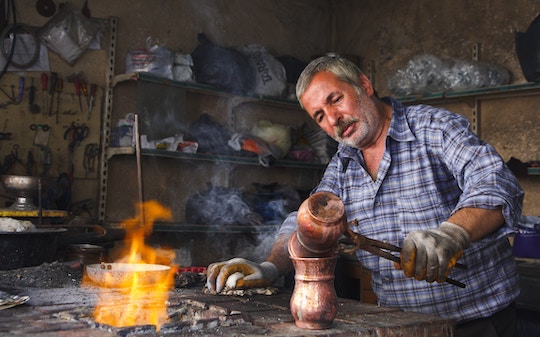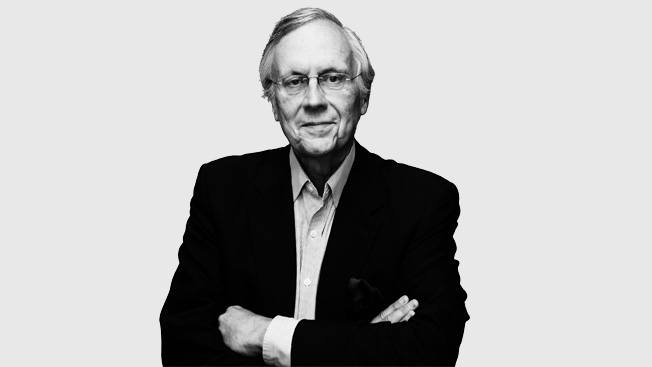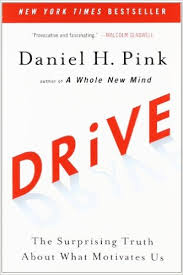“Talent and potential mean nothing if you can’t consistently do things when you don’t feel like doing them.”
—Shane Parish, Athens, Georgia based guitarist
Consistency is a superpower.
Putting in your steps when the weather is mild and sunny is easy. Doing so when the skies are grey and there is a chilly wind in your face is another story.
What percent of your talent and potential have you realized?
How does it correlate with your attitude and willingness to push through the challenging “I don’t want to’s” in your life?
What habits have you developed that channel the discipline to push through the resistance that often blocks your way?
EXERCISE:
Consider reading and applying the many nuggets of wisdom from James Clear’s book Atomic Habits. Over 120,000 5- and 4-star reviews are on to something!










